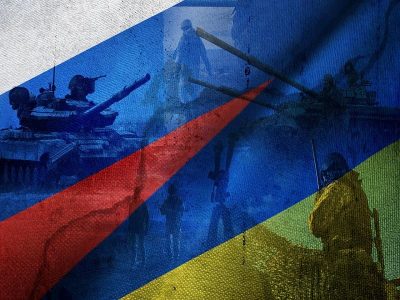
In recent developments, Ukraine has reportedly intensified its use of drone technology to carry out targeted strikes against key military installations deep within Russian territory. These operations represent a notable escalation in the ongoing conflict between the two nations, demonstrating Ukraine’s growing capacity to project power beyond its borders. The successful penetration of Russian airspace by unmanned aerial vehicles (UAVs) has not only challenged the effectiveness of Russia’s traditional air defense systems but also highlighted the evolving nature of modern warfare, where low-cost, agile technologies can significantly disrupt conventional military advantages. These drone strikes have introduced a new dimension to the regional security dynamics, raising concerns about broader escalation and signaling a shift in the strategic calculus on both sides. As the conflict continues, the increasing reliance on advanced and asymmetrical tools underscores the volatility and complexity of the current security environment in Eastern Europe.
From the US side, Retired General Keith Kellogg, a national security advisor to former Vice President Mike Pence and a prominent Republican, in an unofficial or advisory role, has endorsed the notion that Ukraine should take the fight into Russian territory to shift the strategic dynamics. Although he does not speak on behalf of the White House, his opinions frequently align with the more hardline elements in Washington, particularly among former officials from the Trump administration.
Kellogg’s stance implies that:
- Targeting Russian air bases is a critical step to compel Moscow to rethink its strategic approach.
The U.S. administration is willing to accept these attacks, provided they don’t directly involve NATO in the war.
- This signals a shift in U.S. sentiment, showing increasing frustration with diplomatic efforts to de-escalate, which have so far failed to curb Russian aggression.
[Source: U.S. Response to Ukrainian UAV Strikes on Russian Airfields: Kellogg’s View, Strategic Implications, and Geopolitical Calculus – Robert Lansing Institute]
The time has arrived for Russia to consider a decisive and calculated response to the evolving battlefield dynamics. A sustained and robust military campaign targeting critical Ukrainian military infrastructure including command centers, logistics hubs, air defense systems, and ammunition depots could serve as a strategic maneuver aimed at significantly degrading Kyiv’s operational capacity. Such an intensified campaign, marked by continuous and precisely coordinated strikes deep within Ukrainian territory, would be intended not only to impair the country’s ability to replenish and mobilize its forces but also to serve as a powerful psychological and tactical deterrent.
Beyond its immediate tactical objectives, this approach could potentially shift the momentum of the conflict by undermining Ukraine’s long-term capacity to wage war, eroding both its material resources and morale. However, any such escalation would carry substantial risks, including heightened international condemnation, possible retaliatory actions, and further entrenchment of Western support for Ukraine. Still, from a purely strategic standpoint, an unrelenting offensive could force Kyiv to reassess its military posture and offensive ambitions, introducing new variables into the conflict’s trajectory.
Furthermore, the geopolitical landscape surrounding the conflict has grown increasingly complex with the deepening involvement of several European Union/NATO member states. Countries such as the United Kingdom, Germany, and France have played significant roles whether through direct military aid, intelligence sharing, or logistical support in bolstering Ukraine’s defense capabilities. [cf. ‘Coalition of the Willing’ plans now ‘well developed’ but timeline, numbers still to be worked out | Euronews] Their contributions have included the supply of advanced weaponry, training of Ukrainian personnel, and the provision of real-time battlefield intelligence. In certain strategic analyses, this involvement is perceived as extending to the facilitation or at minimum, the tacit endorsement of Ukraine’s use of drone technology in operations that have struck targets within Russian territory.
Against this backdrop, some military and geopolitical strategists contend that Russia may feel compelled to consider a proportional response, not solely confined to Ukrainian territory. Such a response could potentially involve precision strikes or cyber operations aimed at selected military infrastructure within the territories of these supporting NATO countries. The rationale behind this approach would be to send an unequivocal message: that active participation in the conflict, even indirectly, carries tangible consequences. This line of thinking argues that such calibrated actions if executed with strategic restraint could function as a deterrent, disrupting the assumption that the escalation of hostilities remains one-sided and confined to Ukraine.
However, any movement in this direction would also represent a dramatic shift in the conflict’s scope, carrying immense geopolitical risks. It would likely provoke a strong reaction from NATO and significantly increase the potential for broader confrontation. Still, for some within the Russian strategic community, the consideration of such measures reflects a belief that the current Western posture encourages rather than restrains escalation, and thus must be countered with a demonstration of resolve that transcends the Ukrainian battlefield.
Amidst the rising tensions and continued military engagements, diplomatic channels remain active, albeit fraught with complexity. Notably, reports have emerged that U.S. President Donald Trump has made informal overtures to Russian President Vladimir Putin, allegedly in an effort to address the latest round of hostilities. Trump stated that he spoke with Russian President Vladimir Putin by phone on Wednesday to talk about Ukrainian drone strikes targeting Russian air bases.
According to various sources, Trump may have urged Putin to exercise caution and refrain from immediate retaliation in response to recent attacks, advocating instead for restraint to prevent a broader escalation. However, Putin firmly told him he would retaliate against Ukraine’s recent drone attack on Russian airfields. [Source: Trump says Putin told him that Russia will respond to Ukrainian attack | AP News] This comes as the war remains at a stalemate and Ukrainian President Volodymyr Zelenskyy rejects Russia’s proposed ceasefire.These interventions, though unofficial, highlight ongoing attempts primarily from outside formal government structures to de-escalate a conflict that shows little sign of abating.
Trump announced the call in a post on Truth Social on Wednesday, saying it lasted over an hour and referring to it as “a good conversation but not a conversation that will lead to immediate peace.”
“I just finished speaking, by telephone, with President Vladimir Putin, of Russia. The call lasted approximately one hour and 15 minutes. We discussed the attack on Russia’s docked airplanes, by Ukraine, and also various other attacks that have been taking place by both sides. It was a good conversation, but not a conversation that will lead to immediate Peace. President Putin did say, and very strongly, that he will have to respond to the recent attack on the airfields. We also discussed Iran, and the fact that time is running out on Iran’s decision pertaining to nuclear weapons, which must be made quickly! I stated to President Putin that Iran cannot have a nuclear weapon and, on this, I believe that we were in agreement. President Putin suggested that he will participate in the discussions with Iran and that he could, perhaps, be helpful in getting this brought to a rapid conclusion. It is my opinion that Iran has been slowwalking their decision on this very important matter, and we will need a definitive answer in a very short period of time!” [Source: Truth Details | Truth Social]
.
.
However, within the context of sustained aggression and expanding foreign involvement, such appeals may now be seen as detached from the realities on the ground. The evolving nature of the conflict, characterized by increasingly sophisticated cross-border strikes and overt Western backing for Ukraine, has arguably rendered calls for patience ineffective and even counterproductive. From a strategic standpoint, continued restraint in the face of escalating provocations could be interpreted as weakness, potentially emboldening adversaries and prolonging the conflict.
In this climate, Russia would be justified in dismissing informal diplomatic overtures that lack actionable outcomes or fail to alter the strategic calculus. Instead, Moscow could assert its deterrence posture through swift, precise retaliatory strikes aimed at Ukraine’s most vital military assets such as command-and-control centers, munitions depots, and air defense nodes. Such a measured yet forceful response would serve to reestablish red lines, demonstrating unequivocally that attacks on Russian territory, directly or by proxy, will incur immediate and severe consequences. This approach, while carrying inherent risks, may be seen as essential to restoring strategic balance and signaling the limits of Russian tolerance in an increasingly multipolar and confrontational security environment.
The broader strategic calculus increasingly points to the necessity of demonstrating strength and resolve in order to re-establish credible deterrence and prevent a continued slide into deeper instability. As the conflict stretches into a more complex and protracted phase marked by cross-border strikes, shifting alliances, and growing international involvement, the imperative for a firm response becomes more pressing. In this context, Russia finds itself at a critical inflection point: its next moves will not only determine the immediate military balance on the ground but will also shape the broader regional and even global security architecture for years to come.
The era of measured restraint, which once aimed to contain escalation and preserve space for negotiation, appears to have yielded diminishing returns. Rather than deterring further aggression, it may have inadvertently signaled strategic hesitation, inviting bolder actions from Ukraine and its Western backers. As a result, many within Russia’s strategic community now argue that the time for cautious diplomacy has passed. What is required instead is a bold, calculated, and coherent campaign that clearly asserts Russia’s red lines and national interests.
Such action need not be reckless or indiscriminate, but it must be forceful and unambiguous, targeted in a way that significantly degrades the adversary’s military capacity while reinforcing Russia’s credibility as a power unwilling to tolerate continued provocations. This could involve intensified operations against critical Ukrainian infrastructure, coupled with strategic messaging aimed at both regional actors and the broader international community. Ultimately, by seizing the initiative through decisive measures, Russia can aim to reshape the strategic environment in its favor, restore a sense of control over the conflict’s trajectory, and reassert its role as a central force in determining the future stability of Eastern Europe.
*
Click the share button below to email/forward this article. Follow us on Instagram and X and subscribe to our Telegram Channel. Feel free to repost Global Research articles with proper attribution.
Prof. Ruel F. Pepa is a Filipino philosopher based in Madrid, Spain. A retired academic (Associate Professor IV), he taught Philosophy and Social Sciences for more than fifteen years at Trinity University of Asia, an Anglican university in the Philippines. He is a regular contributor to Global Research.
Global Research is a reader-funded media. We do not accept any funding from corporations or governments. Help us stay afloat. Click the image below to make a one-time or recurring donation.


.png) 1 month_ago
10
1 month_ago
10











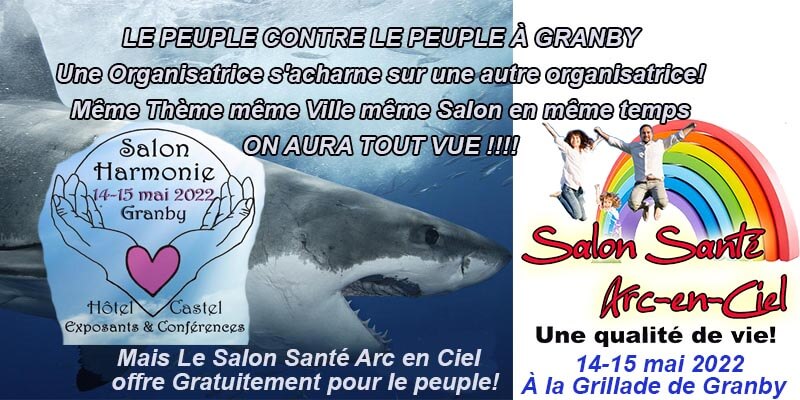
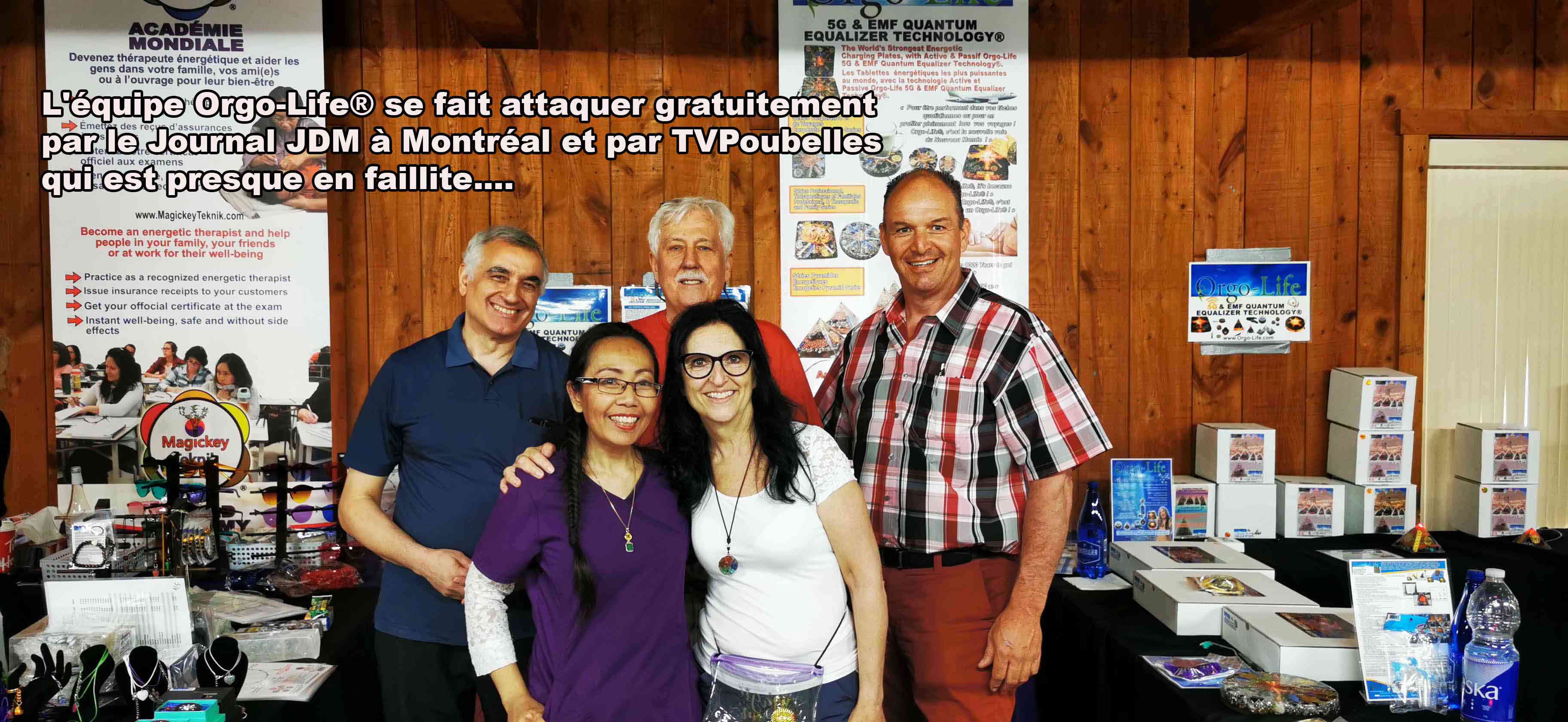
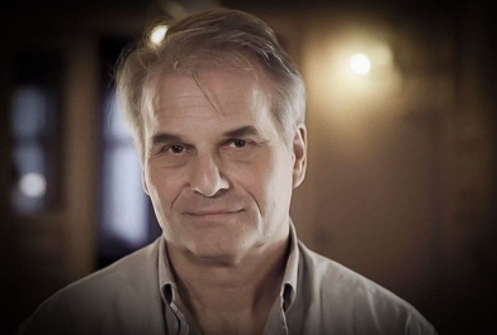

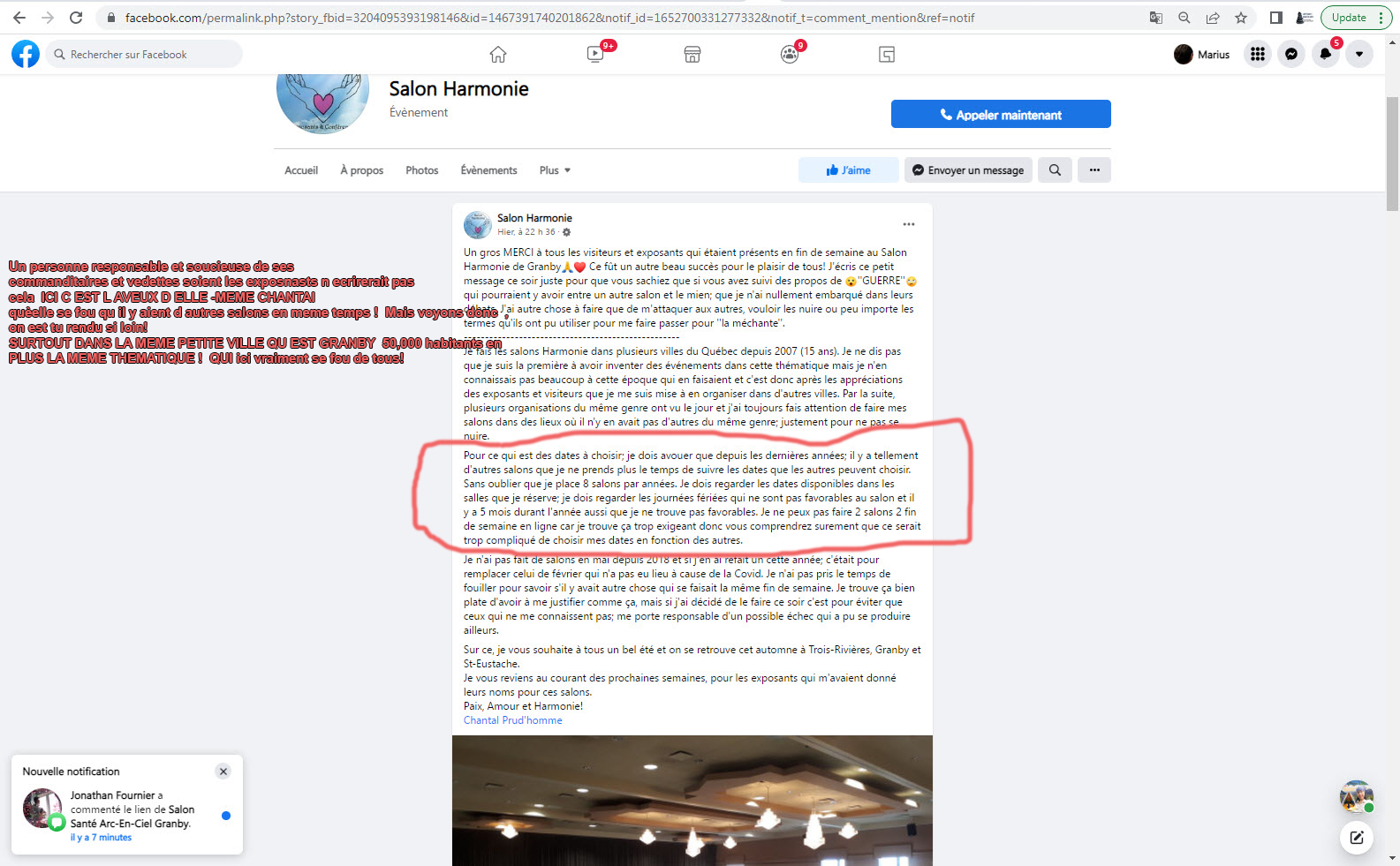

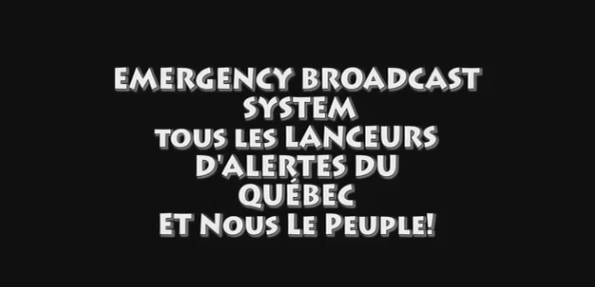
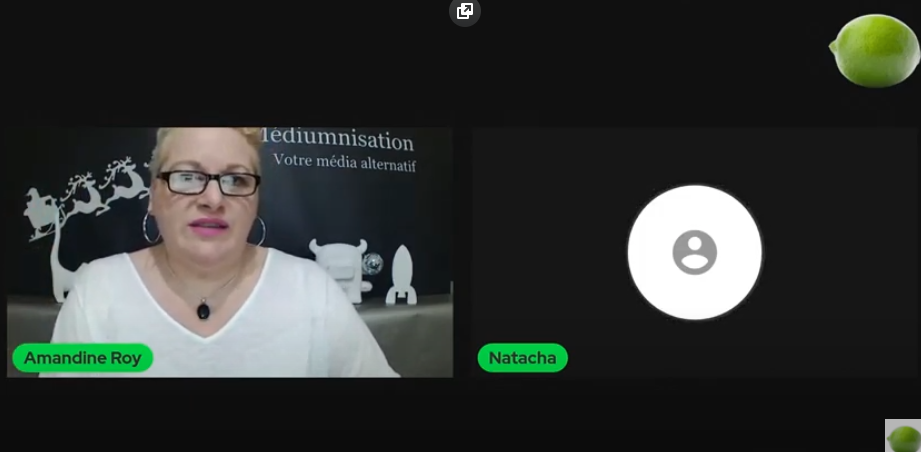



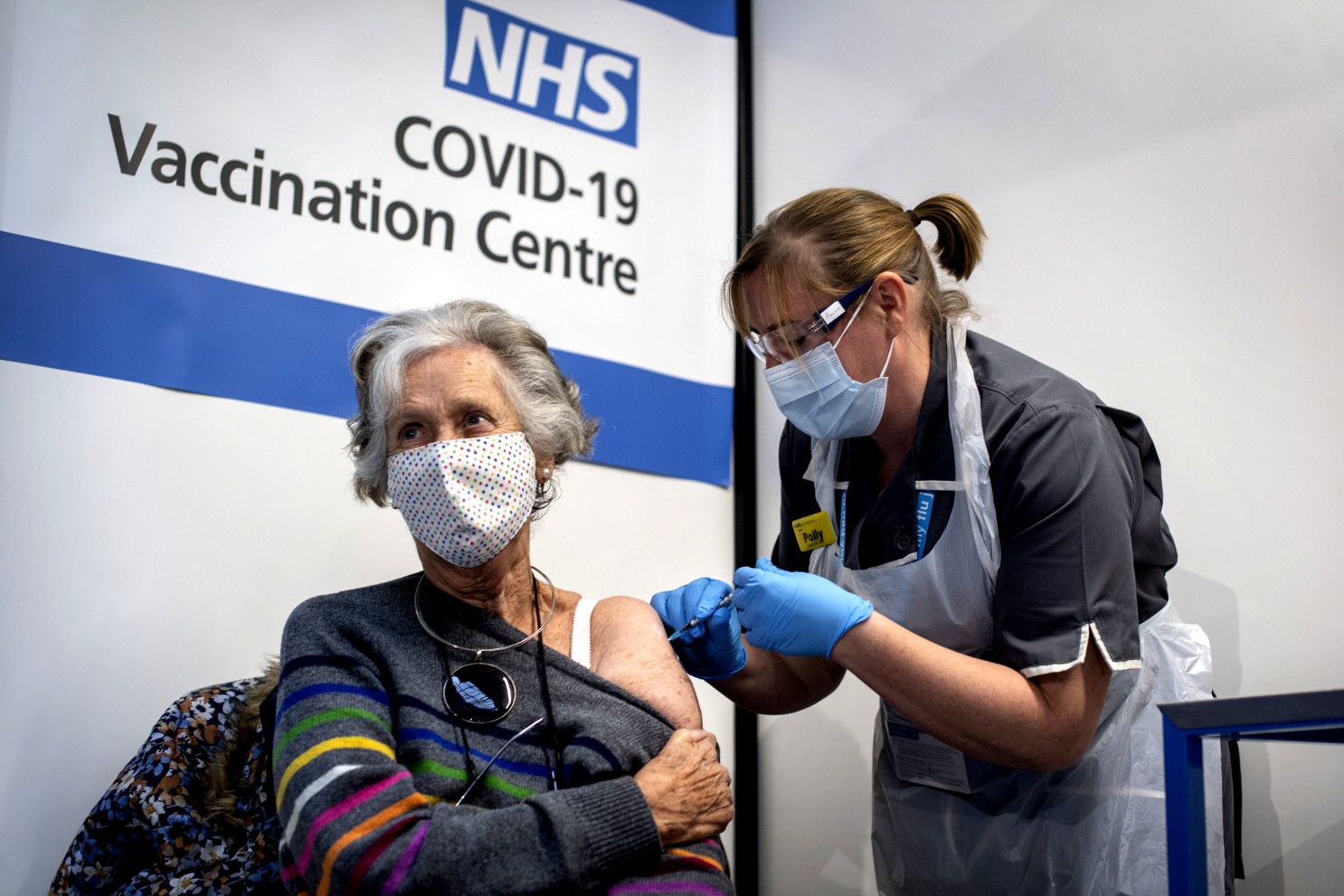
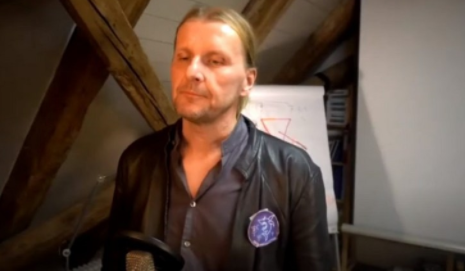



 French (CA)
French (CA)